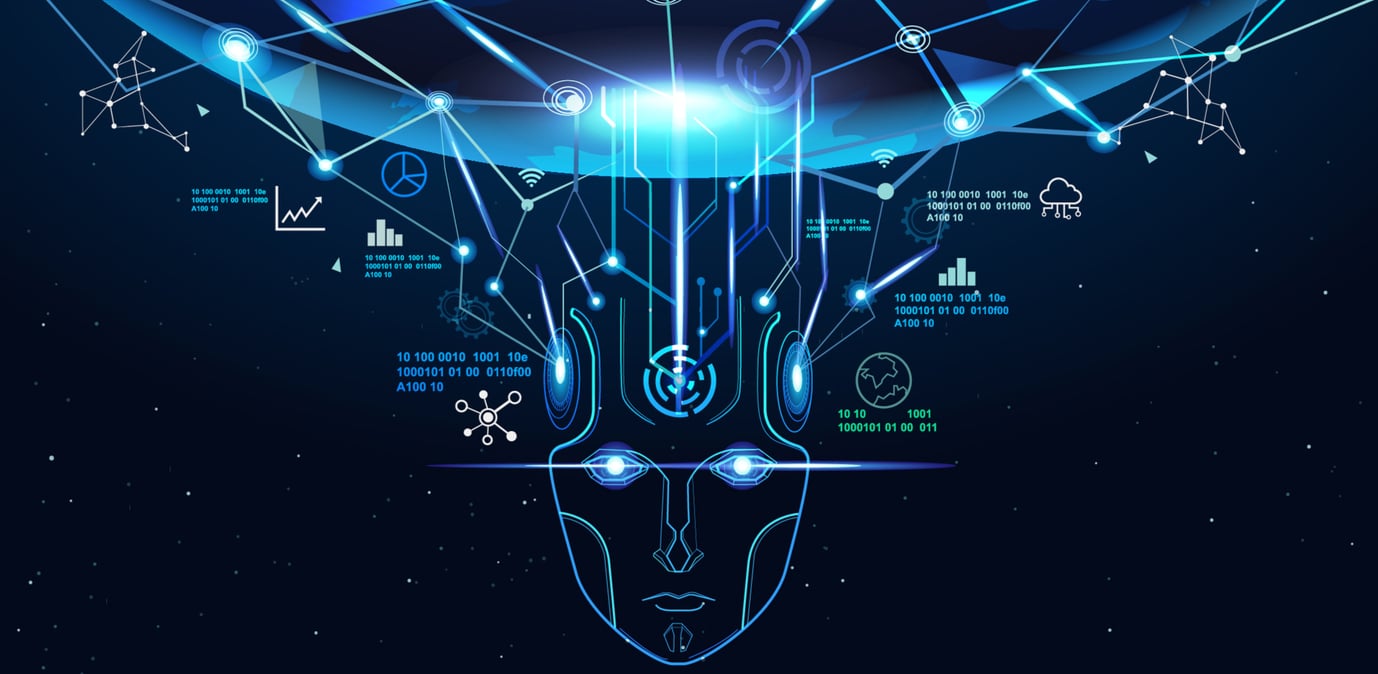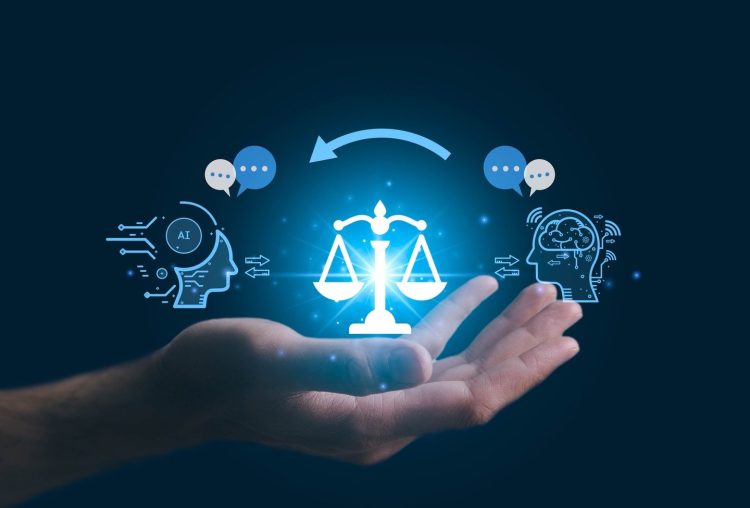In an increasingly digital world, machines are taking on roles that were once the domain of humans. Whether it’s diagnosing diseases, navigating cars, or managing financial portfolios, machines are rapidly becoming integral to decision-making processes. But a fundamental question persists: Can we trust a machine to be ethical?
As machines take on more responsibility, the ethics of their design, programming, and deployment are becoming central issues. We live in an era where algorithms govern key aspects of our lives, from the ads we see on social media to the credit decisions that impact our financial future. The question isn’t just about whether machines can be ethical, but whether we should entrust them with these critical choices.
The Evolution of Ethical Machines
The journey toward ethical machines is rooted in the philosophy of ethics itself, which has existed for millennia. At its core, ethics deals with questions about what is right and wrong, good and bad, fair and unjust. Historically, these questions were answered through human judgment. However, as artificial intelligence (AI) and machine learning (ML) began to evolve, they introduced a new dimension to ethical debates.
Machine ethics began with the concept of autonomous agents—systems that could make decisions without direct human intervention. Early discussions focused on the “Trolley Problem”—a thought experiment used to explore moral dilemmas. Should a self-driving car swerve to avoid hitting a pedestrian, even if it means sacrificing the life of its passengers? This example, though hypothetical, highlights the complexity of programming machines to make ethical decisions.
The Role of Bias in AI

One of the most pressing concerns surrounding the ethics of machines is the issue of bias. Machines are only as unbiased as the data they are trained on. If an AI system is trained on historical data that reflects human biases—such as racial, gender, or socio-economic biases—these prejudices can be embedded into the machine’s decision-making process. For example, facial recognition software has been shown to have higher error rates when identifying people of color, particularly women. Similarly, predictive policing algorithms may disproportionately target minority communities, exacerbating systemic inequalities.
Despite the best intentions, bias in machine learning systems can inadvertently reinforce harmful stereotypes and perpetuate existing societal injustices. The question, then, is not just whether machines can be ethical, but whether they can be ethical in a way that reflects our evolving understanding of fairness and justice.
Trusting Machines: Accountability and Transparency
The concept of trust is fundamental when discussing ethical machines. Trust implies that individuals believe a machine will act in a manner consistent with their values and expectations. However, this trust can be easily undermined if machines make decisions that are opaque or difficult to understand.
One of the main issues with AI decision-making is the “black box” problem—the lack of transparency in how algorithms arrive at their conclusions. Many machine learning models, especially deep learning models, are complex and not easily interpretable by humans. This means that when a machine makes a decision, it may be unclear why it made that decision or what factors influenced it. This lack of transparency can erode trust, particularly when it comes to high-stakes decisions like medical diagnoses, hiring, or criminal sentencing.
To address this, there is a growing emphasis on explainability and accountability in AI systems. Ethical machines should not only make decisions in a manner that aligns with human values, but also provide clear and understandable justifications for those decisions. This transparency can help build trust and ensure that machines are held accountable for their actions.
The Role of Human Oversight
While we may be tempted to trust machines to act ethically on their own, it is crucial to remember that machines are tools created by humans. As such, they are not infallible, and their ethical decision-making is only as good as the frameworks and guidelines we provide them.
One approach to ensuring ethical machine behavior is through human oversight. Rather than relying solely on machines to make moral choices, humans should be involved in the decision-making process. This could mean having human operators review critical decisions made by AI systems, or establishing guidelines and regulations that define the ethical boundaries within which machines can operate.
Human oversight is not about undermining the autonomy of machines but ensuring that machines serve humanity in a way that aligns with our ethical standards. By maintaining a balance between automation and human judgment, we can help guide machines toward more ethical outcomes.
Ethical Guidelines for Machine Design
To make ethical machines a reality, we need to establish clear ethical guidelines for their design and deployment. These guidelines must address both the technical aspects of machine behavior and the broader social, cultural, and legal implications of their use. A few key considerations include:

- Fairness and Non-Discrimination: Machines should be designed to treat all individuals fairly, without bias or prejudice. This includes addressing issues of racial, gender, and socio-economic inequality that may arise from biased training data.
- Transparency and Accountability: Machine decision-making processes should be transparent and understandable to humans. Machines should also be accountable for their actions, particularly in high-stakes domains such as healthcare, law enforcement, and finance.
- Privacy and Data Protection: Ethical machines should respect individuals’ privacy and protect their personal data. This includes ensuring that data collection and usage are done in a manner that is ethical, lawful, and transparent.
- Beneficence and Non-Maleficence: Machines should be designed to do good and avoid causing harm. This principle, borrowed from medical ethics, emphasizes the importance of creating machines that prioritize the well-being of humans and society.
- Autonomy and Empowerment: Ethical machines should empower individuals rather than diminish their autonomy. This includes ensuring that AI systems support human decision-making rather than replace it entirely.
Global Perspectives on Ethical Machines
Ethics is inherently cultural and subjective. What is considered ethical in one society may not be seen as ethical in another. As AI systems are deployed globally, it is important to recognize the cultural and ethical diversity of different regions and communities.
For example, in some cultures, collective well-being may take precedence over individual rights, while in others, personal autonomy and freedom may be paramount. These differences must be taken into account when designing and implementing ethical AI systems. Ethical frameworks for machines will need to be flexible and adaptable to accommodate the values of diverse communities.
The Future of Ethical Machines
Looking ahead, the question of whether we can trust machines to be ethical will depend on how we approach the development of AI and machine learning systems. As technology continues to evolve, we must prioritize ethical considerations and ensure that machines are designed with humanity’s best interests at heart.
Key to this process will be collaboration between technologists, ethicists, policymakers, and the public. Ethical machines will not emerge in isolation but through a collective effort to define and enforce ethical standards in AI and robotics. With careful thought and oversight, it is possible to create machines that not only act in an ethical manner but also reflect the values and principles we hold dear.
Conclusion
In the end, the question of whether we can trust a machine to be ethical is not a simple one. While machines have the potential to act ethically, they are also susceptible to human error, bias, and lack of transparency. Ensuring that machines can be trusted to act ethically requires a combination of thoughtful design, rigorous oversight, and ongoing dialogue between all stakeholders involved.
Machines are here to stay, and as their roles in society continue to expand, we must remain vigilant in ensuring that they act in ways that promote fairness, justice, and the common good. With the right balance of innovation and caution, we can build machines that not only perform tasks but also uphold our shared ethical values.











































Discussion about this post